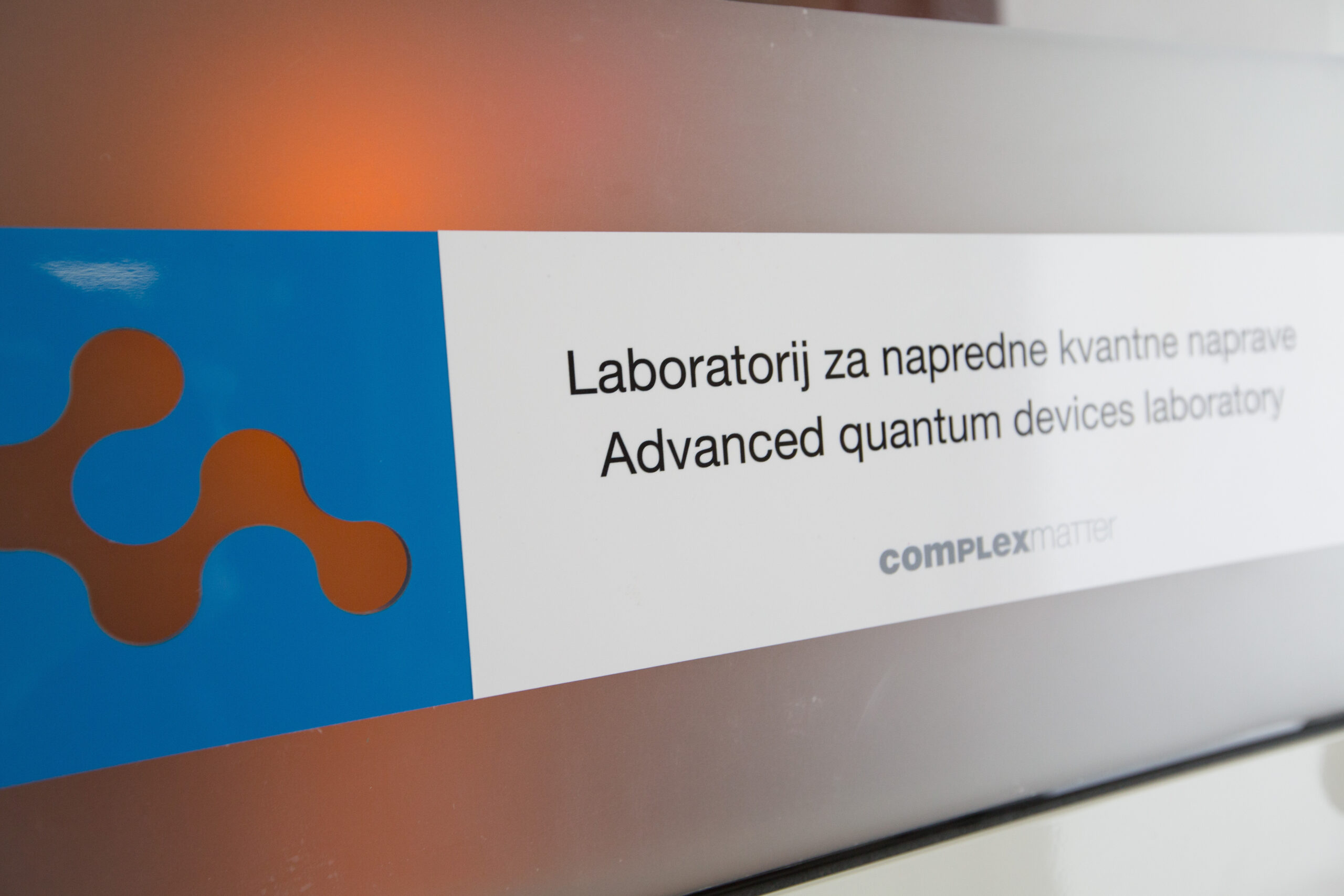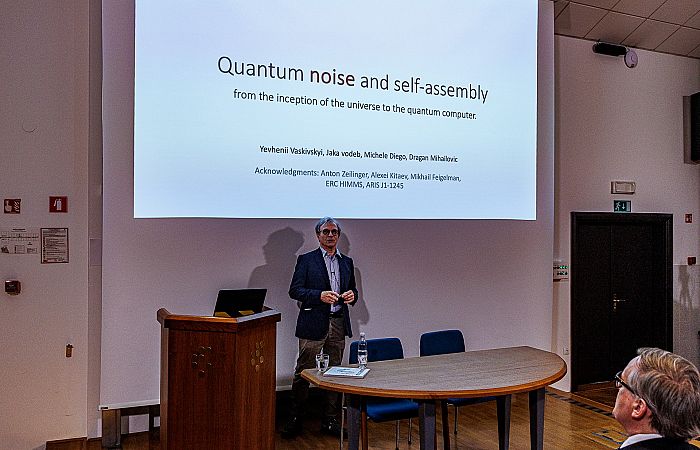The development of quantum computing across several technologies and platforms has reached the point of having an advantage over classical computers for an artificial problem, a point known as ‘quantum advantage’. As a next step along the development of this technology, it is now important to discuss ‘practical quantum advantage’, the point at which quantum devices will solve problems of practical interest that are not tractable for traditional supercomputers. Many of the most promising short-term applications of quantum computers fall under the umbrella of quantum simulation: modelling the quantum properties of microscopic particles that are directly relevant to modern materials science, high-energy physics and quantum chemistry. This would impact several important real-world applications, such as developing materials for batteries, industrial catalysis or nitrogen fixing. The objective is to study what kind of quantum simulation can be performed not only on future fault-tolerant digital quantum computers but also already today through special-purpose analogue quantum simulators and digital NISQ devices.
Quantum simulations using quantum annealers, neutral atoms and quantum gate based computers
Contact: Jaka Vodeb, Dragan Mihailovic, Viktor Kabanov
Email: dragan.mihailovic@ijs.si

